-
•
•
7 responses
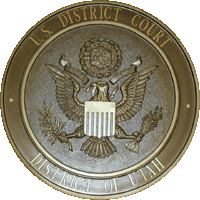
The District of Utah has had a busy week. As I’m sure you heard (and if you haven’t, you ought to read Kaimi’s post first), Utah’s ban on same-sex marriage has been struck down as unconstitutional. A week ago, in the wake of the decision that didn’t actually legalize polygamy, I looked at the potential tax consequences of that decision and, fairly anti-climatically, determined that there were none. Plenty of electrons will be spilled going over this decision but, again, I suspect that the tax consequences will be underexplored. Read More
-
•
•
7 responses

We were headed to the car. As we left the building, my wife slid her arm in mine, in part because the sidewalk was still slick after the snowstorm earlier in the week. And when we reached the curb and waited for the light to cross the street, my personal space was invaded. Read More
-
•
•
27 responses
By now you’ve heard the news. A federal judge in Utah just ruled that the state’s ban on same-sex marriage was unconstitutional. This follow on last week’s ruling, from a different judge, that portions of Utah’s polygamy statute were also unconstitutional. What does it mean? Obviously, it means the advent of gay polygamy!! It won’t stop until everyone is married to everyone else, in one giant gay-polygamous-mega-wedding. Let the festivities begin! Okay, maybe not. Let’s go through the rulings, piece by piece, to see what they say, and what their effects may be. Read More
-
•
•
15 responses
-
•
•
11 responses

BYU’s Religious Studies Center publishes The Religious Educator, a little-known LDS journal that deserves wider recognition. Read More
-
•
•
27 responses

I told my Gospel Doctrine class yesterday afternoon that since we had run out of lesson manual for the year we were going to go rogue. Then I proceeded to give the first lesson I’ve ever given (I think) in which I exclusively used officially-approved Church materials[1]. I could pick anything I wanted to teach about, and I choose to cite three videos and four articles from the Gospel Topics section of LDS.org. And yet I did feel like there was something quietly revolutionary about the material we covered in the lesson. The article that has riveted the Bloggernaccle and even the… Read More
-
•
•
25 responses
Among laypeople, one sometimes finds a distrust of scholarship as it applies to the Bible, particularly if that scholarship runs against a traditional interpretation, or if tells you an obvious face-value reading you favor doesn’t really mean what you think it does. LDS have competing traditions towards serious scripture study. On the one hand, we are not a Bible-based (or even Book of Mormon-based) religion, where doctrine comes primarily through exegesis and interpretation. No sir, we’ve got prophets! We make an end run around all that stuff. We don’t believe you must attend college and be trained for the ministry to… Read More
-
•
•
Just a reminder that the deadline for applications for the First Annual Summer Seminar in Mormon Theology, co-spsonsored by The Mormon Theology Seminar and the Neal A. Maxwell Institute for Religious Scholarship, is December 15, 2013. Read More
-
•
•
11 responses
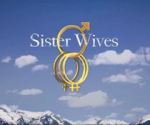
On Friday, December 13, the Judge Waddoups, a district court judge in the District of Utah, held that Utah’s criminalization of polygamy was unconstitutional. Partly, anyway. More on that in a minute. I suspect that this opinion will reverberate throughout the blogosphere and the mainstream media, with the reporting displaying various levels of accuracy. The question I suspect won’t get much play, though, is, what are the tax consequences of this decision? Read More
-
•
•
84 responses
Since Time named its Person of the Year this past week, and named a religious figure at that, it must be time to select the Mormon of the Year. Read More
-
•
•
45 responses

(I’m probably cramming too much into this mishmash of a post, but frustration over certain conversations has collided with academic stress and lack of time to refine it. I may regret it, so consider this a preview, a beta.) The expectations we bring to reading scripture can radically affect our reading, our faith, and our communities. One frequent assumption, traditional in many religions, is that revelation (and scripture, as a subset of revelation) must be monolithic, unified, in harmony, univocal, internally consistent. This is not the case, and it is not an accident. Let’s back up, though, particularly as we get… Read More
-
•
•
7 responses
I hope you have seen the recent public announcement of the initiative to use the Gospel Topics section of LDS.org to essentially do what we have been calling “inoculation” for the last ten years (see here for a list of links to Bloggernacle posts on the topic). The three short video interviews of General Authorities listed at the top of the Gospel Topics page (identified with titles like “How will Gospel Topics be enhanced?” rather than identified as GA interviews) give additional details about the initiative. While there is a lot of ground to cover, this is a very promising… Read More
-
•
•
27 responses
It seems to me that any time you turn something into a point of conflict, you risk being in the wrong. It becomes more important to be right than it is to understand your fellow brother, to exercise compassion, to be humble and teachable. Read More
-
•
•
21 responses

In my imagination there is a hall of records in the future Celestial Zion where anyone can review the mortal life of any other person as seen from their perspective. It is an imposing structure in its own right, one part great library and one part museum, but it lies in the shadow of grander and more glorious edifices. The business of Zion will be eternal progression, and so the hall of records receives fewer visitors than the other communal spaces of learning. It is vast and solitary place. A person could enter and spend an entire day walking between… Read More
-
•
•
3 responses

Driving [1] to work Friday morning the news reports were of course all about Nelson Mandela who had passed away the night before. Mandela was unquestionably a savior on Mt. Zion in the Mormon sense Read More
-
•
•
3 responses
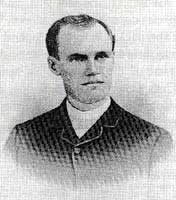
Finding Mormon poetry that talks about Christ is not hard at all. In fact, of all the Mormon poetry that I’ve read (considering only poems written by Mormon authors), the number of poems about Christ surpasses by far the number of poems about any other single individual. If this is a good proxy for what Mormons believe, then there is no doubt: Mormons worship Christ, not Joseph Smith. But the final Lorenzo Snow lesson for the year focuses on the mission of Christ, mentioning also that he has visited the earth in the latter-days and will come again. That particular… Read More
-
•
•
12 responses
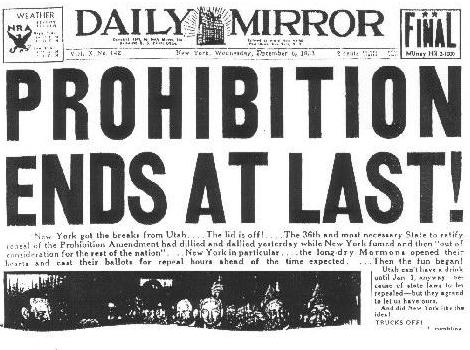
The Twitters tell me that 80 years ago today, Utah became the 36th state to ratify the 21st Amendment, thus ending Prohibition. Whatever you think about Prohibition, it’s probably worth noting the Pres. Grant was not a fan of its end. In fact, he addressed the end of Prohibition—and Utah’s role in ending it—at General Conference in 1934. Here’s an (annotated by me) excerpt of what he said: Read More
-
•
•
53 responses
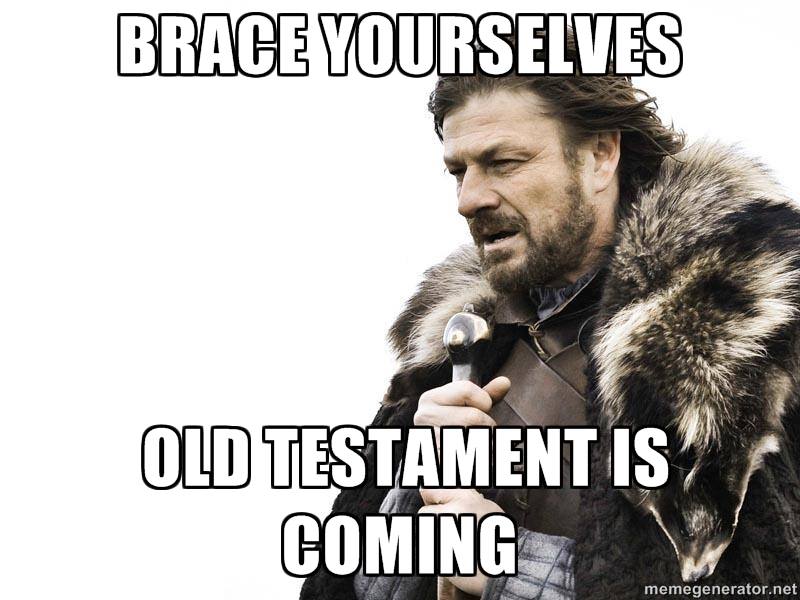
December has finally arrived! For the last six months, I’ve felt like Old Testament is just around the corner. Finally we’re into the last loose stretch of D&C and I can put up the first Old Testament post. With the cyclic return to the Old Testament comes the perennial question, how do I make sense of this? Where should I turn to read “out of the best books”? Look no further, friend, for here is a scattered list. (I’ve been even busier than anticipated, and just don’t have time to polish or add images.) First, though, a note. All the books below… Read More
-
•
•
5 responses
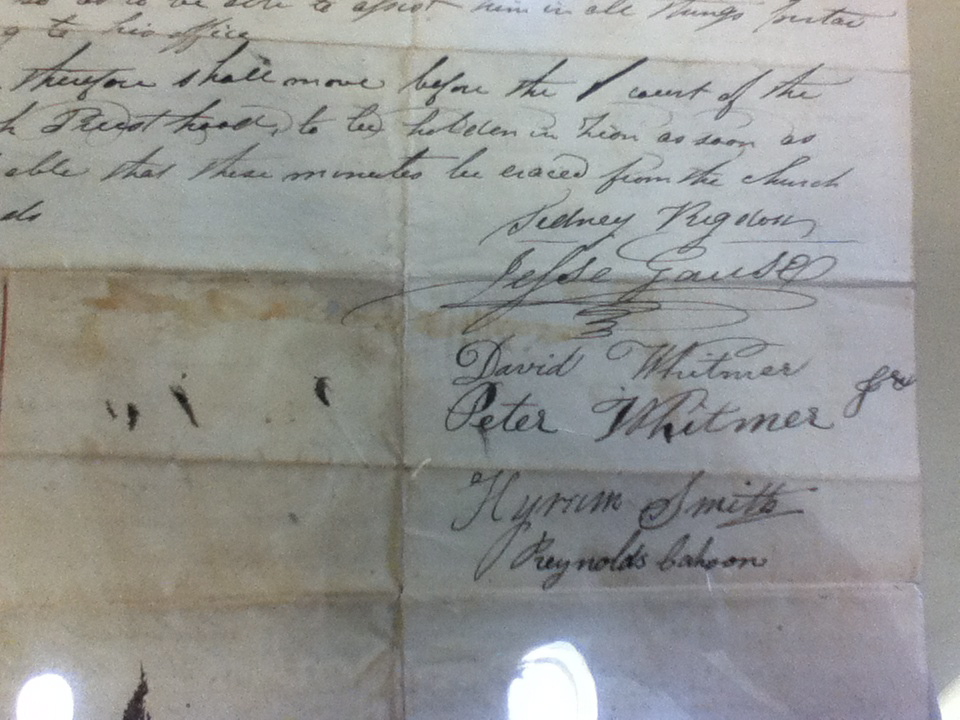
On Monday I attended a launch event at the Church History Library for the second Documents volume of the Joseph Smith Papers. We were given a brief introductory presentation from historians and production editors who worked on the project. Documents Volume 2 covers the time period from July 1831 to January 1833. Three themes emerge through the documents covering this period of time. The first document is a revelation from July 20, 1831, which later became canonized as Doctrine and Covenants Section 57. It identified the land of Missouri as the land of Zion. This set the stage for the… Read More
-
•
•
17 responses
This is the third of three posts on the atonement (see here and here). What effect, if any, does the atonement have on your day-to-day life? Does it change how you think, how you feel, or how you act? I think most Latter-day Saints would agree that the atonement is not simply about something that will happen at some distant point in the future (Judgment Day) when, thanks to the atonement, one might be pronounced sinless and eligible to enter a resplendently glorious celestial world instead of being cast down to hell, away to outer darkness, or off to a… Read More
-
•
•
52 responses
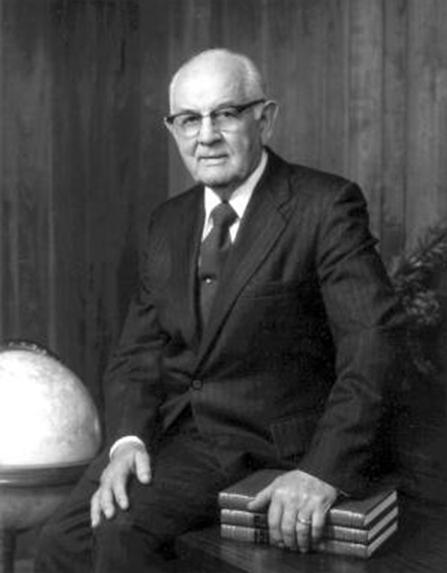
In 2009 the “threefold mission” of the Church was extended to include a fourth point: “to care for the poor and needy.” Obviously practical charity is not a new concept for Mormonism. The very same chapter that included the famous “If any of you lack wisdom…” verse that led ultimately to the First Vision also contains this emphatic assertion: Pure religion and undefiled before God and the Father is this, To visit the fatherless and widows in their affliction, and to keep himself unspotted from the world. (James 1:27) This New Testament precedent was echoed in modern revelations. For example,… Read More
-
•
•
3 responses
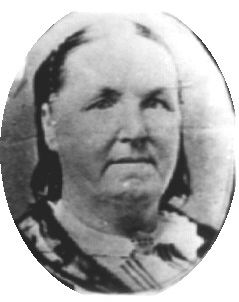
There is no shortage of poetry about Joseph Smith, the subject of lesson 23 of the Lorenzo Snow manual. But Snow’s views on Joseph Smith are focused not on his martyrdom or on his role as the initial prophet of this dispensation. Instead, Snow focuses on Joseph Smith’s character—an unusual subject for the early Mormon poetry I’ve collected so far. But the following poem does briefly mention some of Joseph Smith’s character traits: Read More
-
•
•
Perhaps the most difficult issue in discussing the idea of Zion is defining exactly what we mean. Even though D&C Gospel Doctrine lesson #46 is titled “Zion—The Pure in Heart,” its first section is titled “The word Zion has several meanings” and lists no less than six. Of these, I’ve seen evidence in Mormon poetry for two or three definitions. First, the early Mormon poets used Zion in a millennial sense, to mean “The New Jerusalem.” They also used ion to mean “The dwelling place of those who are exalted,” or perhaps even simply “Those who are exalted.” And, from… Read More
-
•
•
One response
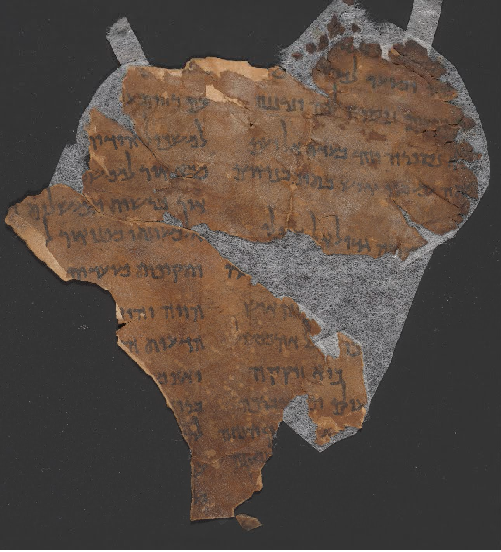
One of the non-Biblical texts from the Dead Sea cache is known as hodayot or the Thanksgiving Scroll or Thanksgiving Hymns (or 1QHa and 1QHb, for you scroll groupies). It is so named because of the repetition of the line ‘odeka ‘adonai “I give thanks to You, O Lord…” The scroll is lengthy, nearly thirty columns, and fragments of seven copies have been found. Alas, the text is quite fragmented, and not terribly exciting to read, so I’ll link to Wikipedia instead of the text. While these poems/hymns/psalms “resemble the biblical psalms in many ways, these poems show a development… Read More
-
•
•
10 responses
We grew up. All of those kids I went to high school with. Not just high school; my family never moved, so I started in with them in kindergarten and went through to graduation. Part of me never felt like I fit in. Being the only Mormon in my class may have had something to do with that. Not that many new people moved into our little town, although many of us have since moved away. How many, I’m not sure, as I’m one of the ones who left. But every once in awhile, I get a glimpse into the… Read More
-
•
•
8 responses

Last week I posted The Atheological Atonement, noting that the LDS Church affirms the atonement but not any particular theory of the atonement, and suggesting this is actually not a bad “official” position for the Church to take. This post takes a different approach: if the Church were to move towards a publicly stated theory of the atonement, in which direction should it move? I will be relying on Gustaf Aulen’s (1879-1977) fine little book Christus Victor: An Historical Study of the Three Main Types of the Idea of Atonement (Macmillan Co., 1966; American edition, 12th printing, trans. by A.… Read More
-
•
•
22 responses
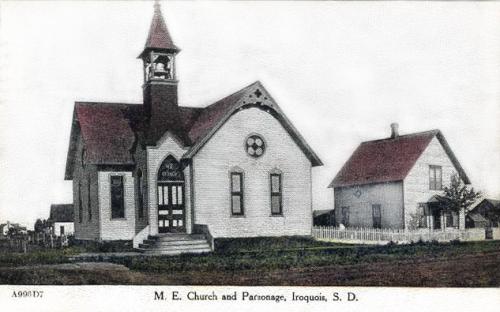
On Thursday, November 21, the district court of the Western District of Wisconsin declared (part of) the parsonage exemption—a special tax provision for certain religious persons—unconstitutional. Read More
-
•
•
3 responses
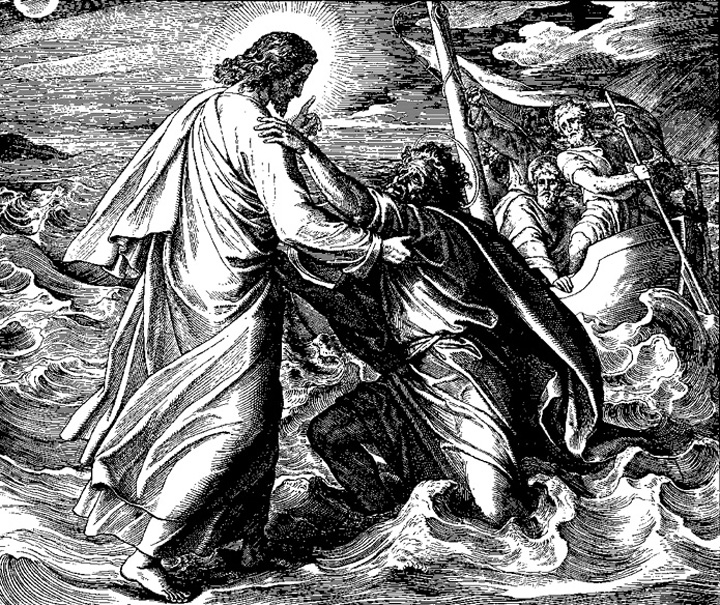
Dave Banack wrote just two weeks ago–here at Times And Seasons–about the atheological atonement. His two conclusions were first, that the Church doesn’t have a specific theory of the atonement and second, that this is probably a good thing: The Church’s prior forays into theology have produced questionable results. Silence on the subject gives LDS thinkers leeway to publish their own helpful speculative discussions. In any case, it’s the atonement that will save you, not a theory of the atonement or even the one true theory of the atonement. I definitely agree with the general wariness of formal theology Dave… Read More
-
•
•
6 responses

Sometime in late 2003 or early 2004, Steve Evans told me I needed to check out his[fn1] website: rameumptom.blogspot.com. At the time, the nascent bloggernacle was so young that By Common Consent didn’t yet have a name (I think the name was voted on sometime during that first year). He may have also pointed me to Times & Seasons, or I may have found it linked on his blog. But I found T&S at approximately the same time. Read More
-
•
•
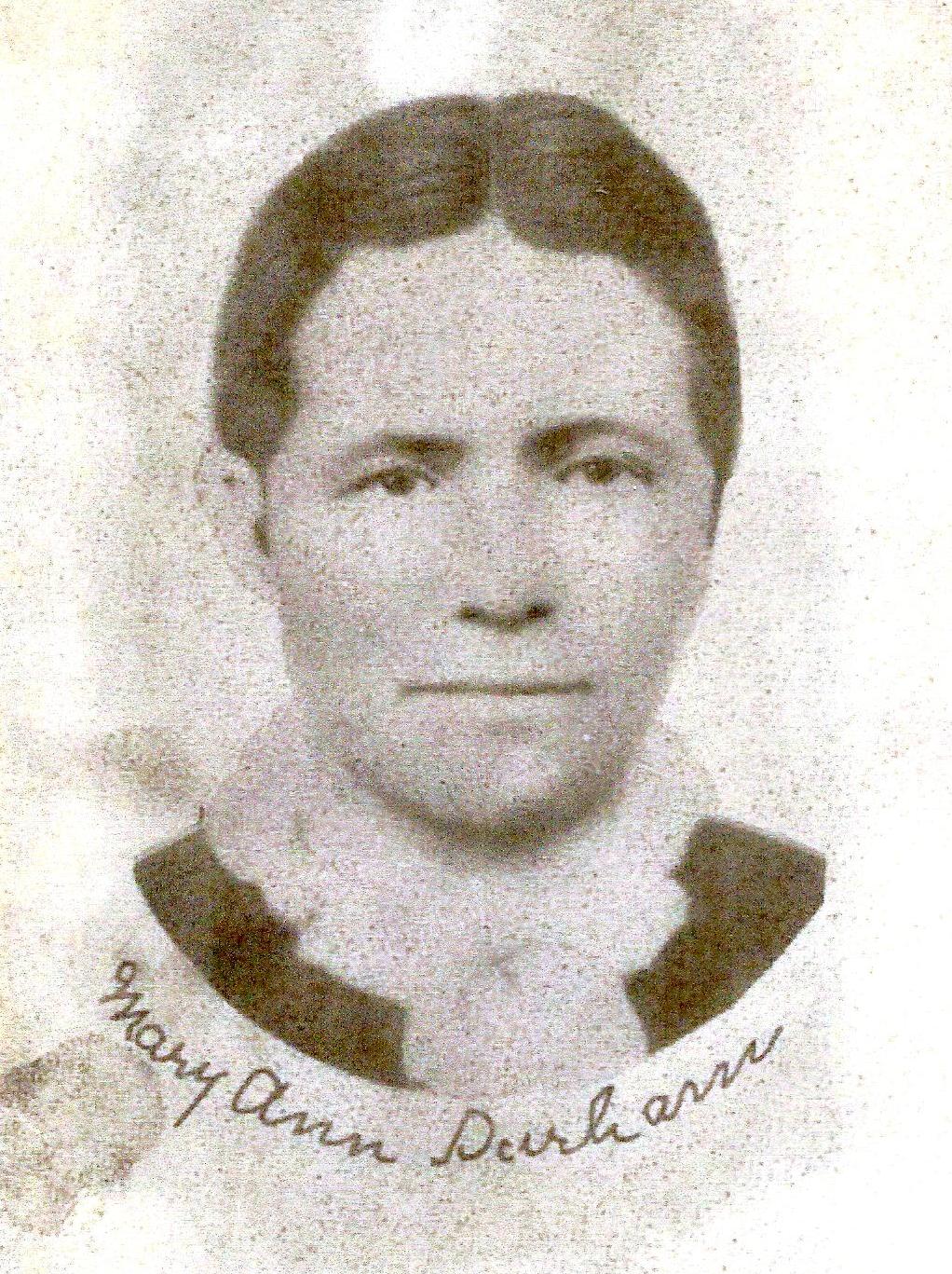
The Mormon conception of marriage is central to our theology and understanding of the next life. We see marriage as the beginning of eternal families, and a key element of eternal progression. Doctrine and Covenants Gospel Doctrine lesson #45 explores this belief, but, I think, doesn’t quite get at how or why marriage might be so central to eternal life. The following poem may explain somewhat. Read More
